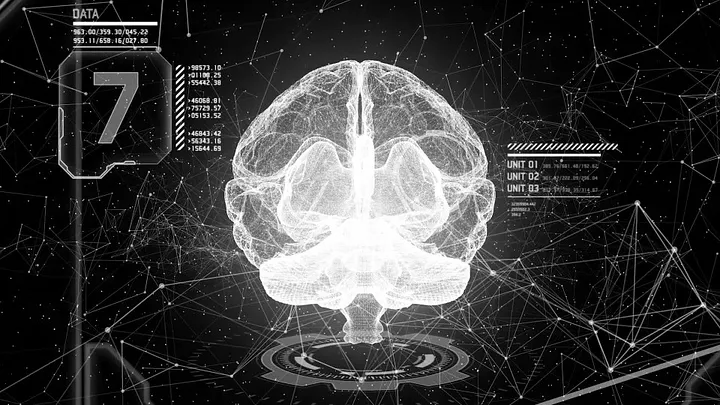In the realm of scientific marvels, the intersection of artificial intelligence and the human brain is a place of boundless fascination. The concept of AI being able to re-create a brain scan in order to view a memory sounds like science fiction brought to life. It’s a notion that captures our imaginations, promising to unlock the deepest recesses of our minds. However, beneath the allure of this groundbreaking technology lies a fascinating yet perilous journey into the unknown, a gateway to the untamed landscapes of our memories.
The Memory Time Capsule:
Imagine a world where we can peer into the past with unprecedented clarity, as though we’ve stumbled upon a hidden time capsule of our own memories. This is the thrilling prospect that AI’s ability to recreate brain scans presents. Our minds, intricately entwined with emotions, experiences, and knowledge, hold a treasure trove of secrets waiting to be unveiled.
AI’s Role in Memory Recreation:
Artificial intelligence has made remarkable strides in decoding and interpreting the brain’s intricacies. Through complex algorithms and neural network models, AI systems can reconstruct brain scans into visual representations of memories. This achievement opens up a world of possibilities, from understanding cognitive disorders to potentially reliving cherished moments.
A Dangerous Gateway:
As our excitement grows, so too should our caution. The technology’s power to recreate memories might serve as a double-edged sword. While it promises benefits such as aiding Alzheimer’s patients or offering therapeutic insights, it raises ethical and privacy concerns of monumental proportions.
Invasion of Privacy:
With the ability to access memories, our most intimate and personal experiences could be laid bare. The potential for misuse, such as unauthorized access or surveillance, is a haunting possibility.
Manipulation of Memories:
The very essence of our identity relies on the authenticity of our memories. AI’s capacity to recreate them might open doors to manipulation, rewriting our perceptions of reality and self.
Psychological Consequences:
Reliving traumatic memories could have severe psychological implications. The boundary between healing and retraumatization is thin, making it a field fraught with peril.
Ethical Dilemmas and Legal Challenges:
The advent of memory recreation by AI forces us to confront a plethora of ethical and legal dilemmas. Who owns our memories? Can they be shared or sold? Should there be limits on their usage? These questions beckon us into uncharted territory.
Conclusion:
AI’s prowess in re-creating brain scans to access memories is an astonishing leap in technology. It ignites our curiosity and stirs our imaginations as we peer into the timeless chambers of our minds. Yet, we must approach this gateway with utmost caution, recognizing its potential for danger. As we stand on the precipice of the unknown, we must wield the power of this technology responsibly, ensuring that our quest to understand our memories does not come at the cost of our privacy, authenticity, and mental well-being. The gateway is open; it is our duty to navigate its perils and possibilities with wisdom and integrity.












